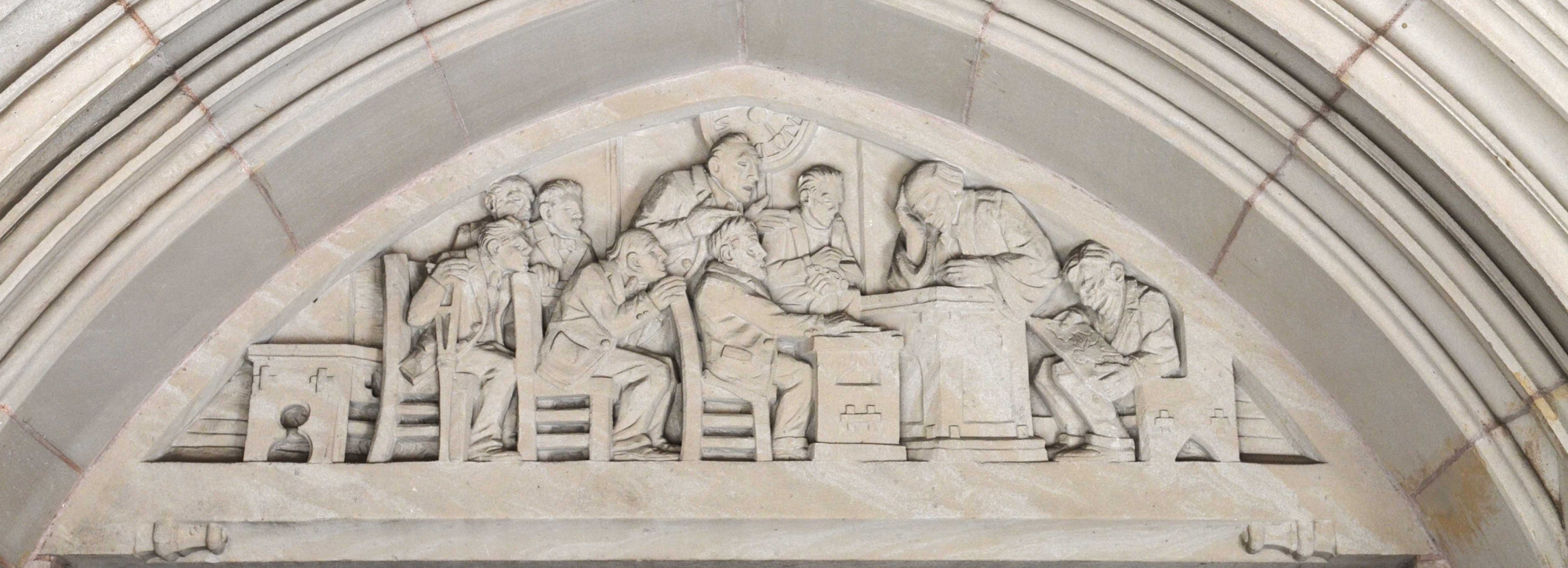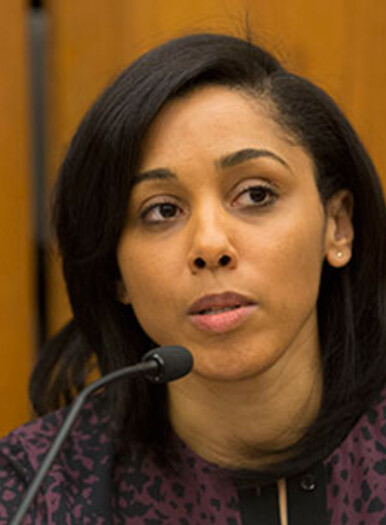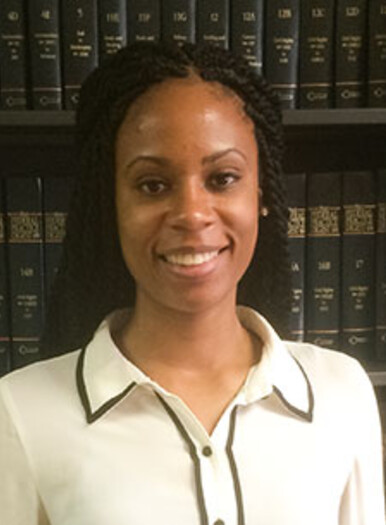About Liman Law Fellowships
The Liman Center funds fellowships for Yale Law School graduates to spend a year working in public interest law in the United States. These fellowships are open to individuals who are or will be graduates of Yale Law School before the fellowship begins. The center also hosts a small number of in-residence fellows from Yale Law School and other law schools.
To date, the Liman Center has supported more than 200 fellowships for law graduates.
Law Fellowships
Through Liman Law Fellowships, graduates of Yale Law School join host organizations around the country or the Center. Focused on the United States, projects for example have addressed economic and housing insecurity, workplace discrimination, tribal governance, immigration detention, criminal law enforcement, and more. More than 80 percent of the former Fellows are in the public sector – at NGOs, in the academy, in government as legislators, judges, or executive officials, and some have founded or steer nonprofit organizations.
Fellows receive an annual stipend, set through Yale Law School, of approximately $60,000. Host organizations generally cover the cost of health insurance and other benefits and always provide malpractice insurance. In some cases, with substantial financial support from the host organization, Liman Fellows have the opportunity to extend their fellowships for part or all of a second year.
Fellows file a midterm and a final report with the Liman Center and attend the annual spring Liman Colloquium at YLS. In addition, Liman Fellows work with the Center and with others through organized mentorship connections and subject-area projects, email lists, and a newsletter. Fellows become part of a network and are expected to continue to participate after the fellowship year ends.
Applications for 2026–2027 Liman Fellowships will be accepted online, via the YLS Fellowships Common Application, from January 5 to February 4, 2026. Before submitting materials, applicants work to develop ideas and projects through consultation with Executive Director Kate Braner and former fellows. Some applicants focus on work in Connecticut, such as with the Center and the Federal Public Defender’s Office or other institutions in the state.
Fellowships in Residence
Liman Center Fellowships In Residence are open to experienced law school graduates. In-residence fellows contribute to the center by helping to shape its research and programs and supervise students. Liman Center academic offerings include “Liman Projects: Research for Reform,” an experiential course that uses a variety of methods to inform significant changes in the law. In addition, each spring, the Liman Workshop is a two-hour seminar for law students. Topics have included “Imprisoned: Construction, Abolition, Alternatives;” “Rationing Access to Justice in Democracies: Fines, Fees, and Bail;” and “Racial Justice and Immigrants' Rights: Debates and Dialogues.” These fellowships generally begin in August, before the start of the academic year. Compensation includes full benefits and a salary commensurate with experience.
In addition, such fellows often work collaboratively with Yale Law School's clinical program, other parts of the university, and entities such as public defenders and community organizations in Connecticut. Current and former fellows in residence have worked on prosecutorial misconduct, prison systems’ responses to COVID, the fiscal impact of the legal system, and alternatives to sentencing in conjunction with the Federal Defender’s Office in the District of Connecticut.
Applications for fellowships in residence are welcome as of the fall of 2025. Please apply no later than February 2, 2026. Applicants are expected to discuss their projects with Executive Director Kate Braner and reach out to former fellows for advice before applying. The center has samples from past fellowship proposals. Visit the Apply page for details about application requirements and the submission process.
Designated Fellowships
Liman Law Fellowships include four designated fellowships: the Curtis-Liman Fellowship, the Malone-Liman Fellowship, the Meselson-Liman Fellow, and the Resnik-Curtis Fellowship. These fellowships are granted as part of the YLS Common Fellowship Application process. The Curtis-Liman Fellowship requires a special application process, outlined below.
Curtis-Liman Fellowship
The Curtis-Liman Fellowship—established in 2020 to honor Professor Dennis Curtis, a co-founder of Yale Law School’s clinical program—enables a law school graduate to spend one or two years working on innovative criminal law, immigration, or other advocacy. Since fall 2022, the Curtis-Liman Fellow has focused on alternatives to incarceration and the impact of fines, fees, and other costs associated with criminal law enforcement. The fellowship is cohosted by the Federal Defender Office (FDO) of Connecticut, the Jerome N. Frank Legal Services Organization (LSO), and the Arthur Liman Center for Public Interest Law, and involves a mix of client representation, clinical supervision, and directed research.
The Curtis-Liman Fellow is supervised by attorneys at the FDO, and legal faculty at the LSO and at the Liman Center. At the FDO, the fellow is assigned a specialized caseload, with a focus on individuals subjected to supervision after conviction. This assignment aims to support clients returning from incarceration, identify the costs associated with post-release supervision, and challenge, when needed, any conditions of community release that impose undue burdens to living and working in the community. During the spring semester, the fellow helps supervise cases in collaboration with the LSO, coteaches the Liman Workshop seminar, and works with a team of students enrolled in the Liman Center’s directed research class. See below for a summary of the work of current and former Curtis-Liman Fellows.
Interested applicants must first contact FDO with application materials by October 1, 2025. Individuals seeking to apply should email a cover letter, a resume, a writing sample that demonstrates research skills, a list of references, and a law school transcript to Carly Levenson (carly_levenson@fd.org) and Kelly Barrett (Kelly_barrett@fd.org). Once FDO has agreed to serve as a host organization, sponsored individuals will be informed how to submit applications for the 2026-2027 Curtis-Liman Fellowship to the Liman Center. The Liman Center will accept applications thereafter; the application closes on February 2, 2026, and applicants are encouraged to contact Liman Center Executive Director Kate Braner (katherine.braner@yale.edu) before submitting materials.



